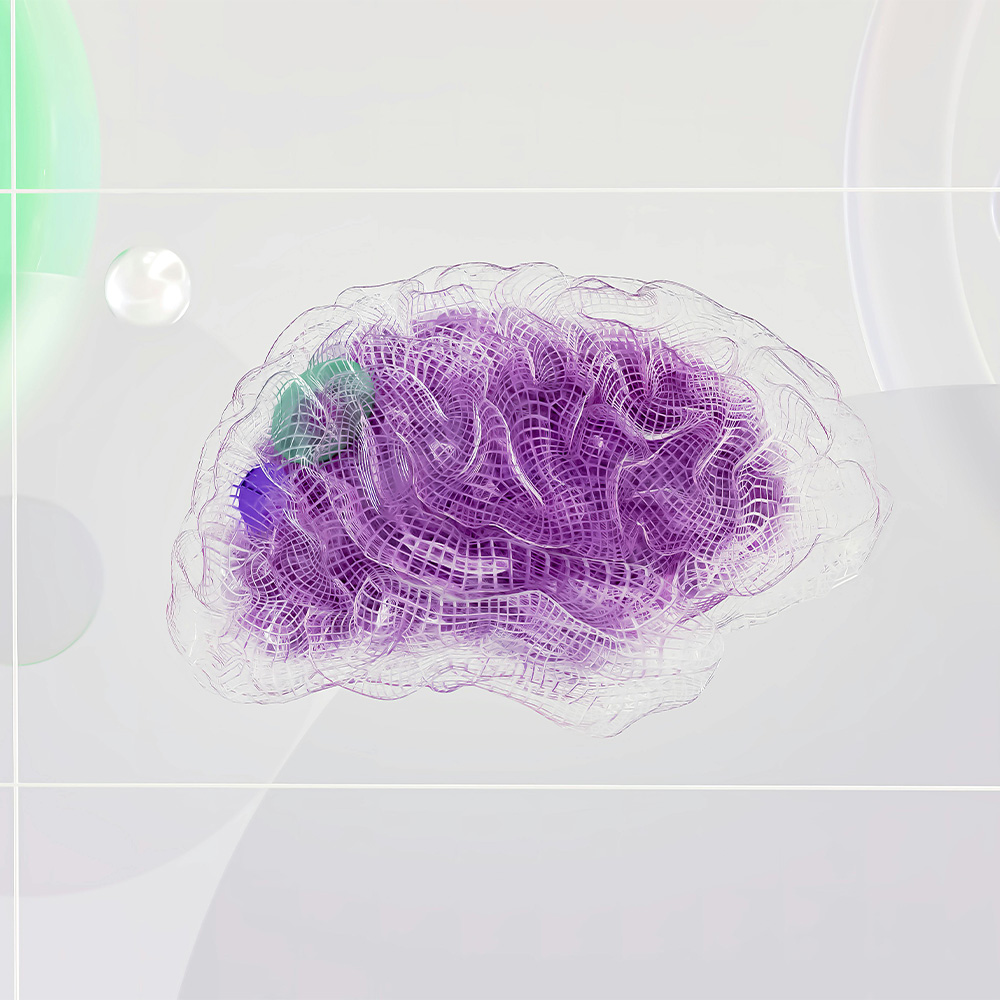
The Top Challenges Facing Children’s Home Directors in 2025
14.05.2025
How Ofsted is Approaching AI in Children’s Care
04.08.2025Streamline Care Records and Improve Oversight in Children’s Homes
In residential children’s homes, documentation isn’t just a regulatory tick box, it’s central to delivering safe, consistent, and high-quality care. From daily logs to behaviour plans, every piece of information plays a vital role in safeguarding young people and demonstrating accountability. But for many care teams, outdated systems and paper-based processes create barriers to real oversight. Staff stay late to finish logs. Managers chase missing signatures. Risk assessments are saved in multiple places. It’s not the care that’s lacking, it’s the systems supporting it.
At Mentor, we’ve lived those frustrations. And we know that when documentation is clear, consistent and connected, everything else starts to follow. Better decisions, stronger inspections, and safer care for children.
In this guide, we explore how Mentor Software V3 helps Managers, Senior staff and Responsible Individuals take control of their records, reduce admin burden, and build trust with inspectors, all while keeping the focus on children’s care.
Every home writes a new page in each child’s story every day. But without structured tools and a clear workflow, these daily records can feel like paperwork for the sake of it. Mentor V3 transforms daily logs into meaningful insights, while reducing the admin burden for front line staff.
Make Daily Logs Work for Children and Staff
Every child’s day is filled with small moments, some challenging, some joyful, all of them important. But if your logging process gets in the way, it can become a box-ticking exercise rather than a reflection of care.
Daily logs should serve three key purposes:
- Help teams reflect and respond
- Inform planning and risk
- Show evidence of good care
Here’s how we recommend simplifying the process:
Live, autosaving entries – No more rewriting or chasing crashes. Staff can focus on detail, not distractions.
Context aware forms – Mention an incident? The right form auto-loads and notifies managers instantly.
Tailored by role – Seniors can escalate; frontline staff can record reflectively without being overwhelmed.
One screen evidence – Link medication records, incident files or photos straight into the log.
Built in sign offs – Time-stamped approval trails cut down on paper chasing and prove oversight.
Real Time Oversight That Prevents Escalations
Managers and RIs need more than raw data, they need visibility. Mentor’s operations and manager dashboards bring your entire provision into one intelligent view, from occupancy to incidents to document gaps.
What you’ll see in the Mentor Software dashboard:
- Incidents Pending Sign Off – Helps maintain regulatory timeframes and identifies patterns early.
- Staff Training Gaps – Quickly spot who’s overdue, missing core modules, or needs followup.
- Vacancy vs. Placement Pressure – Balances capacity with resourcing to avoid burnout and overspend.
- Inspection Timelines – Monitor visit windows, Reg 40s due, and open actions at a glance.
You can filter dashboards by home, region, or placement type, ensuring tailored insights for multi home groups and solo provisions alike.
Risk Assessments, BSPs & Placement Plans in Sync
For any residential children’s service, clear, up-to-date documentation is critical. Risk Assessments, Behaviour Support Plans (BSPs), and Placement Plans must align to ensure consistent, safe care. Yet many homes struggle with disconnected documents, missed reviews, or unclear audit trails, which can lead to issues during inspections or serious incidents.
One of the most common inspection findings is inconsistency between children’s Risk Assessments, Behaviour Support Plans and Placement Plans. When these documents don’t tell the same story, it raises serious concerns about coordination and leadership.
Here’s how to keep these core documents aligned and inspection ready:
Use a shared document library – Whether you’re managing one home or several, centralising your key documents avoids duplication and ensures every team member is working from the most current version.
Maintain a strong version control process – Always keep a record of when each plan was last reviewed or updated, and by whom. Highlight changes across revisions to make supervision, handovers, and audits smoother.
Link related records wherever possible – If a young person’s Risk Assessment refers to a behaviour pattern, ensure it’s linked or referenced in their BSP. This not only improves clarity but also helps you evidence joined up practice during inspections.
Automate your review cycles – Don’t rely on manual checks. Set clear expectations around how often each type of plan must be reviewed (e.g. monthly, quarterly) and use reminders to prompt timely updates.
Ultimately, a well maintained system for these core documents supports safer, more proactive care, and demonstrates to inspectors that your home is not just compliant, but well-led. Remember, good plans aren’t just accurate, they’re accessible, timely, and embedded in practice.
Be Ofsted Ready, Every Day
Readiness isn’t something to scramble for, it should be built into daily operations. Mentor ensures that every log, form, and plan contributes to a defensible narrative about your care quality.
Here’s how V3 supports inspection readiness:
- Annex A Reporting – Instantly generates data packs covering children, staff, policies, incidents, and management oversight.
- Audit Dashboards – Highlight overdue reviews, unapproved incidents, or gaps in placement documentation, with alerts sent to key users.
- Policy Tracker – Visual matrix of all home and group-wide policies, showing last review, expiry and next actions.
Before your visit, you can run a full checklist of data exports, document updates, and staff competencies, ensuring nothing is missed when it counts most.
Your Next Steps as a Manager or RI
As a Registered Individual or Home Manager, your role is to ensure that care quality is consistent, well led, and always improving, even before the next inspection. Whether you’re transitioning from paper records or fine tuning an existing system, small, proactive steps now can have a big impact later.
Here’s how you can strengthen your oversight this week:
Review a recent care plan together with your team – Identify what worked well, what could be clearer, and whether updates were recorded accurately. Regular team reviews build reflective practice and demonstrate good leadership.
Audit your document review cycles – Take stock of which Risk Assessments, BSPs or Placement Plans are due (or overdue) for review. Even in small services, this quickly adds up, use a tracker or set reminders.
Assign a task that reflects your leadership priorities – For example, reviewing the home’s response to recent incidents or updating a safeguarding protocol. Follow up to check how the task is completed and documented.
Start centralising your core documents – Whether in a shared drive or digital platform, aim to reduce version chaos. Organise by document type and review status to stay ready for inspection.
Explore systems that align with how you work – Tools like Mentor V3 can support your process, not replace it. If you haven’t yet, consider a short walkthrough or setup call to see how your existing routines can be enhanced, not overhauled.
By taking small, targeted steps, you strengthen your leadership evidence and create a more resilient, confident team.
Ready to Take the Next Step?
Mentor V3 is more than software. It’s built from the ground up by former RIs and care leaders who understand what makes a home outstanding. Book a demo or contact our team today.





